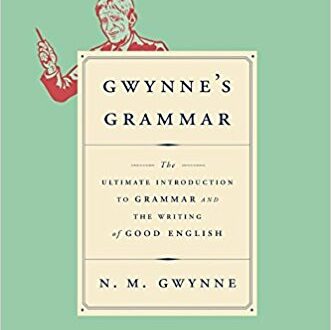 |
| Jerold Katz |
According to Chomskian nativism, the necessary condition for language acquisition is the possession of an innate knowledge of the rules of grammar. His reasoning for thinking that human beings have an innate knowledge of grammar is that human beings are able to learn vastly complex natural languages from a relatively limited exposure to those languages. Thus, Chomsky suggests that there must be some innately possessed knowledge of grammar that is universally possessed by human beings. Such a grammar must also be sufficiently similar across the brains that possess it.
Jerold Katz argues that Chomsky’s psychologism is insufficient to account for necessary truths:
Chomsky’s psychologism actually denies the possibility of genuine necessary truths in natural languages. Given Chomsky’s treatment of grammars as theories of the psychological make up of speakers, the strongest notion of compulsion that is possible on Chomsky’s conception of language is a notion of the natural or biological limits humans work under in evaluating the truth of their beliefs. The grammatical principles underlying analytic truth, on Chomsky’s view, only express laws of human mental or neural processes, and hence, can only determine what human beings have, on the basis of the nature of their linguistic capacities, to conceive of as true no matter what. Nothing can follow about what is true no matter what. There is no way to exclude the possibility that humans are uniquely programmed to conceive a set of contingent statements to be necessary, no way to preclude the possibility that humans conceive of statements as expressing necessary truths when they do not. Just as the fact of the matter in connection with the physical world could be different from what the true physical laws assert, so on Chomsky’s psychologized account of language the fact of the matter in connection with grammar could be different from what the analytic truths assert. Thus, the best that Chomsky’s rationalism offers is the notion of something’s being necessary relative to the laws of human cognitive processes, which fall short of a bone fide notion of necessary truth, that is, one that is not relative at all but absolute (and hence, one that is the same for any rational creature no matter how radically different its cognitive processes are from ours). Therefore, the claim that Chomsky’s theory makes to being a true theory of language brings the theory into conflict with traditional rationalism, or rather, the linguistic parallel constructed with analyticity in place of logical and mathematical truth. (Jerold Katz, Language and Other Abstract Objects, p. 6)
Katz argues that, if Chomsky is right, then what we think of as necessary truths are, in fact, what we cannot conceive of being false. However, says Katz, this falls short of what we think necessity is: necessity is a property of the proposition itself not a proposition of the attitude we have to the proposition. Consequently, there is no way to know if what we think of as necessary truths are not, in fact, contingent truths. After many years of being on Chomsky’s side, Katz embraced Platonism, the view that a language is an abstract object, like a number:
The psychological conception of grammars and linguistic theory has to be replaced with a conception of them as theories of the sentences of a language taking the sentences as abstract objects like numbers. Only a Platonist conception can succeed where psychological conceptions fail, that is, only a Platonist conception offers a theory of language consistent with and capable of explaining explaining the existence of absolute necessary truths in natural languages
Further to Katz’s objection is another concern over Chomsky’s view: on nativism of the Chomskian stripe it is not clear what justifies the innate beliefs we have. Just because some proposition is believed innately does not entail that we are justified in believing it. As Fiona Cowie comments, “It is possible, after all, that our heads at birth should be stuffed full of all kinds of rubbish: false beliefs, faulty inferential strategies, misleading ideas, or what-have-you” (Cowie, What’s Within?, p. 8).


